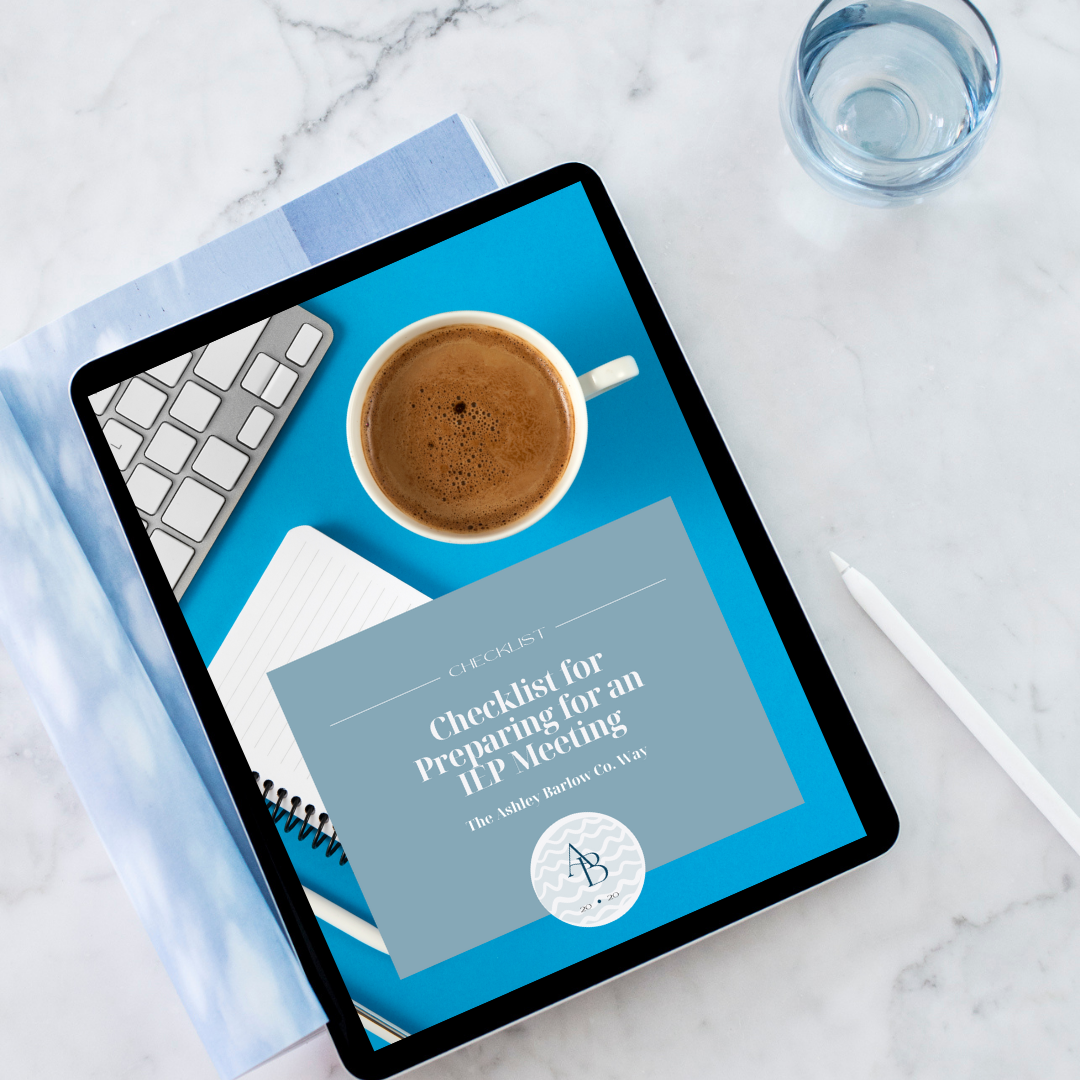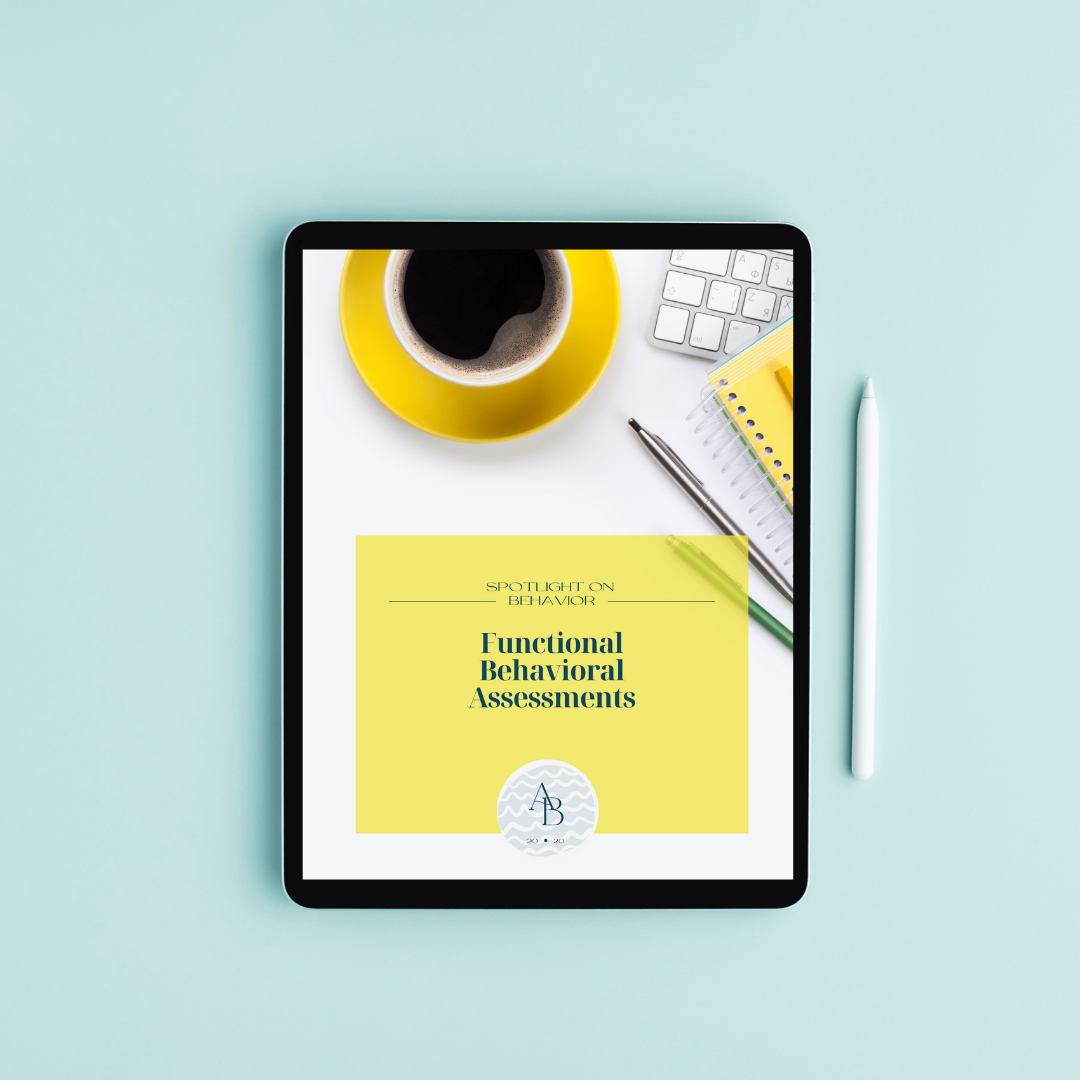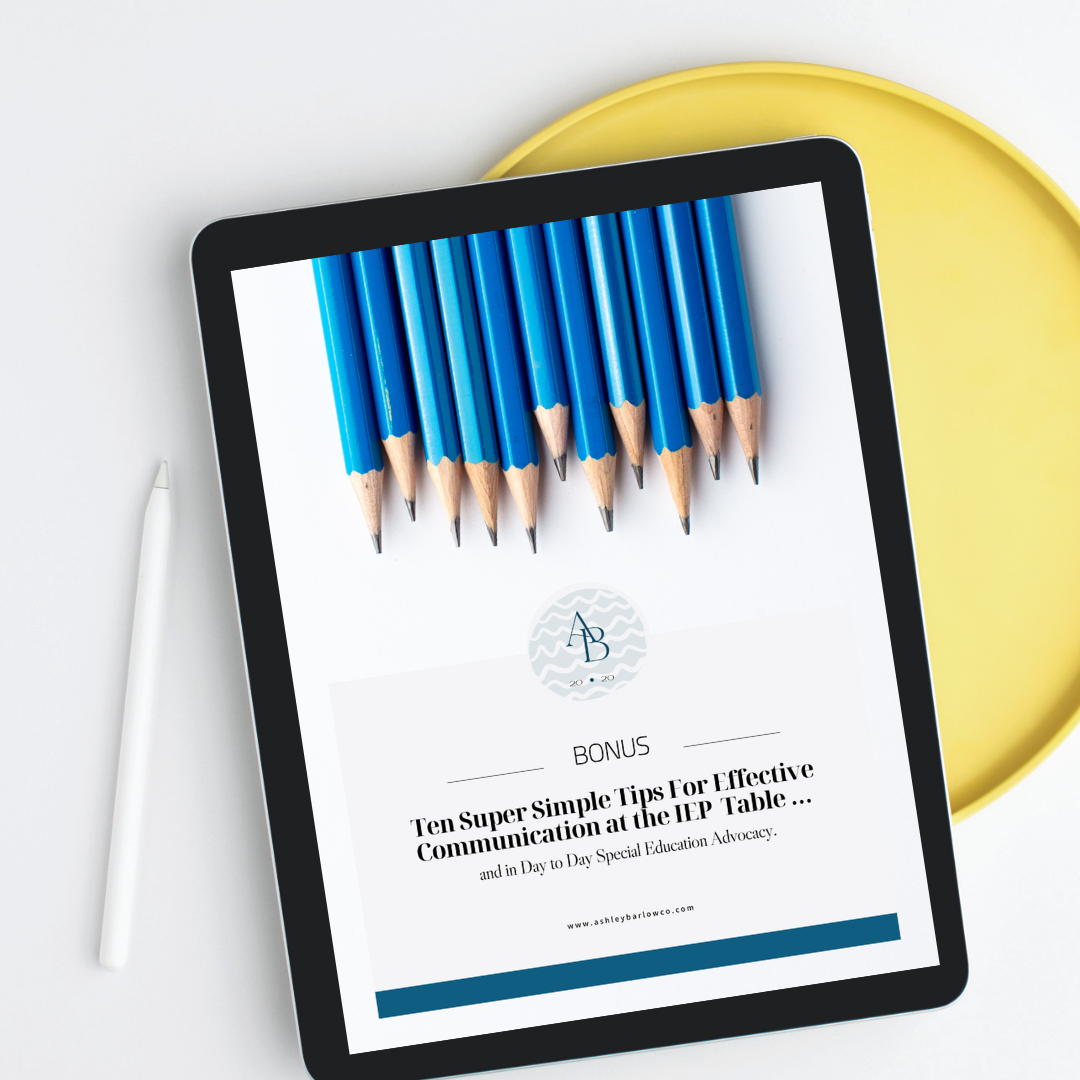College Disciplinary Trials and Hearings
Allegations of misconduct, wrongdoings, or violations of conduct by a college or graduate student may lead to significant disciplinary measures imposed by the school administrator. These actions could have lasting consequences on the student’s career and employment opportunities. Possible outcomes include suspension, expulsion,or probation. Additionally, the student may face referral to the criminal justice system for prosecution. It is important to note that these actions can be recorded on the student’s permanent school file or transcripts accessible to prospective schools and employers.

When the school receives information suggesting a student’s involvement in a conduct violation, they promptly convene a meeting to promptly review the evidence associated with the student. This meeting represents the student’s initial interaction with the conduct office and plays a pivotal role in determining whether the school will dismiss the charges or initiate further proceedings. Regrettably, many students perceive this meeting as a mere formality, attending without legal counsel or adequate preparation, unaware of the significant implications it carries.
Engaging the services of an experienced higher education lawyer can be advantageous as they can offer guidance on navigating the do’s and don’ts during this initial meeting and ongoing disciplinary proceedings.
This is where we come in.
As seasoned higher education lawyers, our firm is adept at formulating strategic approaches to protect your rights throughout every phase of the disciplinary process. From the investigative stage to evidence gathering and, ultimately the college trial, we work diligently to ensure a robust defense for your case. By choosing to retain our services, you secure comprehensive legal support that safeguards your interests and upholds your rights at every step of the disciplinary proceedings.
Our Experience
We have successfully represented college and graduate students across various academic fields, including Law, Engineering, Computer Science, Medical, Dental, Nursing, Advanced Degrees, and Doctoral programs.
Our expertise extends to various disciplinary hearings, where we have effectively advocated for students in these fields.
- Title IX ( Sexual Harassment) Hearings
- Rape Cases
- Academic Integrity Hearings, e.g., Cheating, Plagiarism, Unauthorized use of AI etc.
- Disruptive Conduct Hearings
- Grade Appeals
- Medical Students Progress and Dismissal Disputes
- Appeals of Dismissals from Programs and University
- Suspension and Expulsion from College
The list of disciplinary actions and violations is extensive, given that each educational institution has its own set of codes of conduct. Although these codes are documented and accessible to students, many may not feel compelled to familiarize themselves with them for various reasons. Consequently, students may unwittingly commit violations, allowing school authorities to capitalize on their lack of awareness. This situation could jeopardize a student’s future.
In the following section, we will explore why and how students may face disciplinary actions.
Reasons Why a College Student May Face the College Conduct Process.
- Similarity to Previous Work: Submitting work that closely resembles a previous student’s paper.
- Code Plagiarism: Replicating code from online sources without proper attribution.
- Academic Integrity Violation: Submitting a paper without giving proper credit or attribution.
- Cheating Accusations: Facing allegations of cheating on a quiz or exam.
- Online Exam Security: Failing to use required lockdown browsers for online exams.
- Dating Violence: Involvement in incidents classified as dating violence.
- Non-consensual Sexual Activity: Engaging in a sexual relationship without the other party’s consent.
- Weapons Possession: Being found in possession of weapons on campus.
- Disruptive Behavior: Participating in disruptive conduct, such as loud partying.
- Driving Under the Influence: Facing consequences for driving while intoxicated.
These examples illustrate a range of behaviors that may lead to disciplinary action, emphasizing the importance of understanding and adhering to the codes of conduct established by educational institutions.
What should I do if I am accused of violating the Code of Conduct at my college?
It is clear that being accused of a conduct violation can be a stressful situation, and handling it with care is crucial.
It is paramount to remain calm and composed when facing accusations. Emotional reactions can complicate matters and potentially hinder your ability to present a clear and effective defense.
Avoid the urge to protest the accusation hastily or attempt to resolve the issue informally with professors. While open communication is essential, it is more prudent to follow the formal procedures outlined by the college and under the guidance of a lawyer.
Emotional reactions can also impact how others perceive your response to the allegations. Demonstrating composure will not only help you think more clearly but will also contribute to a more favorable impression during any proceedings.
Follow these tips for what to do when accused.
- Under no circumstances should students sign any forms related to disciplinary actions without first consulting with an education attorney rather than just any attorney. It is crucial to do so to avoid unknowingly waiving their right to a fair hearing and incurring a negative disciplinary record.
- It is crucial to involve your parents as soon as possible if you are facing an allegation. Don’t hesitate or feel embarrassed about it. Speaking to a trusted person such as your parents is your best move. They can help you process the allegation, hire an education attorney, and prevent you from jeopardizing your case. Remember, time is of the essence, and delaying action could make things worse.
- Make sure to collect all the evidence that supports your claim.
- Do not post on social media.
- Schedule your consultation
What to expect from the Code of Conduct Violation Process?
In most colleges, the disciplinary process involves four major steps:
- The Initial Referral
- The Investigation
- The College Hearing; and
- The Appeal of Disciplinary Sanction.
In certain colleges, students might be requested to leave the campus and not attend classes, clinics, or labs until a hearing is scheduled. This is known as a Soft-Suspension. It is highly recommended to consult with an attorney before the imposition of a soft-suspension, so that you can understand and control what goes into your disciplinary record.
Things to avoid when accused of a College Code of Conduct Violation
It is essential to remember that schools and colleges take violations of their code of conduct very seriously. They are bound by their rules to act quickly and submit a report as soon as they receive a complaint. Although this may appear overwhelming for students, it is crucial to note that you are presumed innocent until proven guilty. While you will have the opportunity to defend yourself, it is imperative to avoid certain mistakes to increase your chances of success and strengthen your case.
- Recognize that a meeting with Faculty or a Dean’s Office representative is not a mere informal conversation; it marks the initiation of the disciplinary process. Your statements in this meeting will be recorded and can be used against you during the college trial.
- Do not attend any meeting without first seeking advice from an Education Attorney. Such meetings are not casual, and legal representation is vital. Many colleges allow attorney advisors to attend meetings with you. Involving an attorney at the onset of your case can make the institution work harder to prove its case.
- Do not disregard invitations to meet with conduct investigators. However, you are not obligated to meet at the proposed time. Prioritize consulting with an Education Attorney before scheduling or attending any meeting.
- Understand that a straightforward “I did not do it” is not a winning strategy. While maintaining your honesty, your attorney should strive to construct a comprehensive defense beyond a simple denial.
- Exercise extreme caution in the context of group projects, as they can introduce complexities in disciplinary cases. To defend against allegations related to group work, collaborate closely with your attorney to prove that you were neither reckless nor willfully ignorant.
Remember, your education is a significant investment, and adopting a strategic approach to disciplinary proceedings can safeguard your academic and personal interests. Our Education Attorneys have proven to be a valuable allies and advocates during this challenging process.
How We Help College and Graduate Students?
Our proven strategies have helped hundreds of college students in Texas and beyond achieve success.
When you hire us, we take immediate and assertive actions to ensure your success.
We will:
- Schedule in-depth Zoom meetings with you and all relevant parties to your case.
- Request records from the university regarding the allegations against you.
- Coordinate with the University’s attorneys and reschedule meetings and hearings to be convenient for you.
- Attend all meetings and hearings with you, including faculty meetings and meetings with deans and conduct investigators.
- Conduct mock trials to prepare you for your college trials. Our clients come to us feeling shy and intimidated by the process, but after a series of prep meetings and mock trials, they become emboldened and well-prepared, making them credible and successful at their hearings.
- Attend the college trials with you and provide unwavering support.
- Appeal unfavorable decisions on your behalf with a fierce determination to achieve the best possible outcome.
If there are specific details or assistance you seek regarding our legal services, please contact us. Schedule a Consultation Interview
Glossary of Code of Conduct Violations
Code of Conduct: This is a set of rules and regulations of the universities and directives that are issued by the administrative officials of the University that outline expected behavior, ethical standards, and responsibilities for students, faculty, and staff within the university community. This code typically covers various aspects, including academic integrity, professional behavior, respect for diversity, and compliance with university policies
Tite IX ( Sexual Harrasment):
This refers to claims of conduct that are either unprofessional or inappropriate of a sexual nature, sex discrimination, sexual harassment, sexual assault, interpersonal violence (including dating and domestic violence), and stalking. If you are found guilty of a Title IX violation, you may face a one-year suspension or expulsion from your university.
Academic misconduct, e.g., Cheating, Plagiarism:
Academic misconduct refers to any form of cheating, plagiarism, or falsification of information in any academic work such as tests, quizzes, research, evaluations, law review articles, exams, and any other material submitted for academic credit. If found guilty of academic misconduct, you could face severe consequences such as receiving an “F” for the course, suspension, or even expulsion from the university.
Cheating:
This is intentionally using or attempting to use unauthorized materials, information, notes, study aids, or other devices or materials in any academic exercise.
Plagiarism:
The act of using someone else’s ideas, processes, results, or words without proper attribution, whether intentionally, unintentionally, or recklessly.
Complicity:
Intentionally or knowingly helping or attempting to help another to commit an act of academic misconduct.
Group Project Cheating:
This is an accusation of academic misconduct against one or more group project members. Such accusations could mean that the entire group could be held responsible for cheating regardless of a member’s innocence.
Case Evaluation
Get A Case
Evaluation
Give us a little information about your situation and schedule a case evaluation.
Please note, the case evaluation will not, itself, result in legal advice and no advice will be provided unless and until we enter into an attorney-client relationship.







